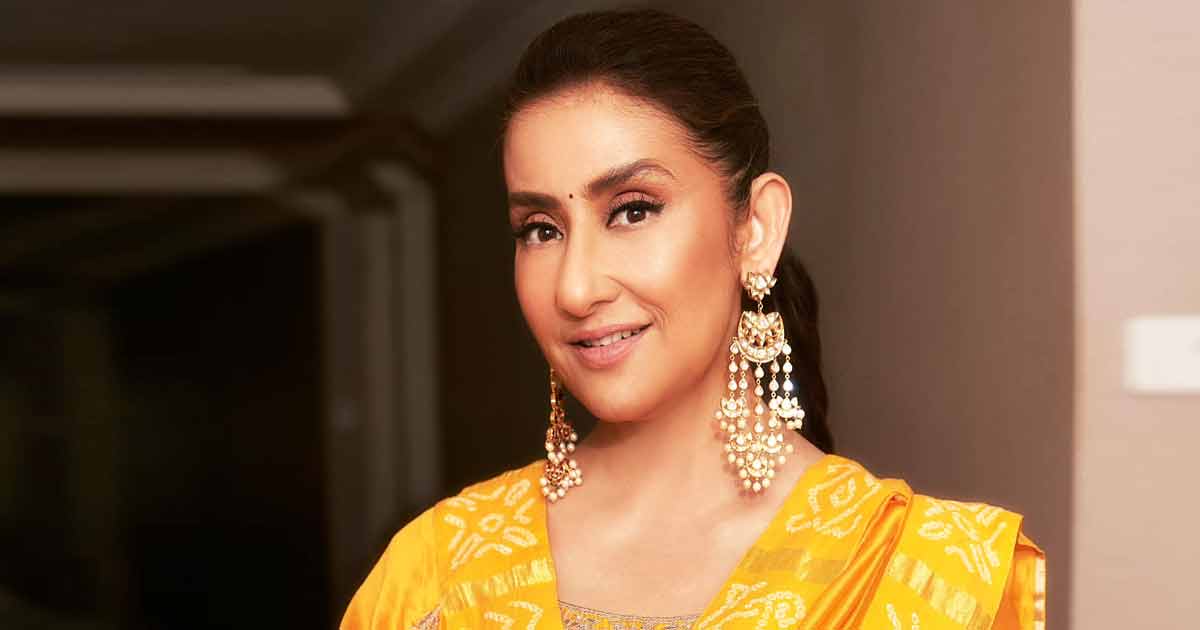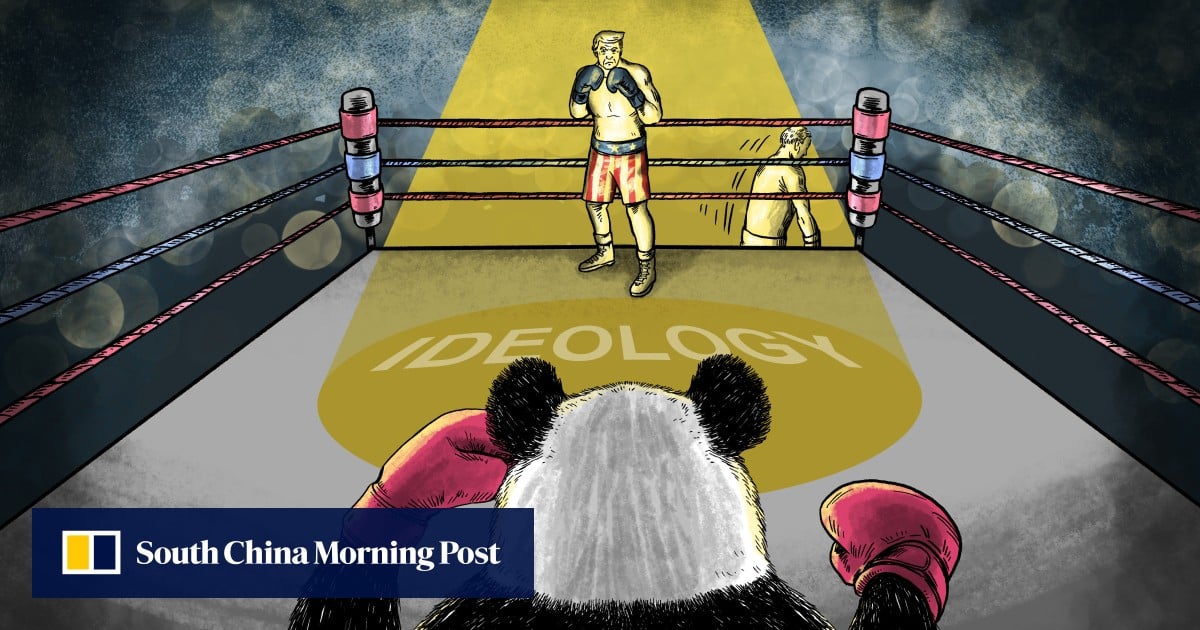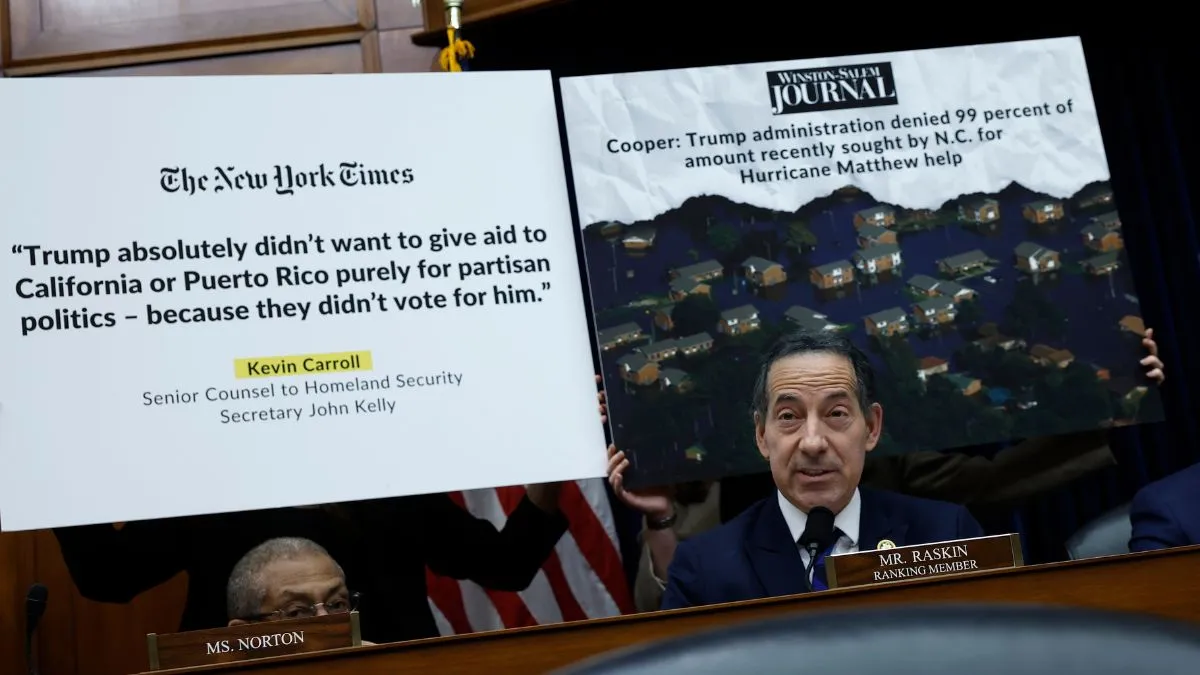“There have been many deviations in our foreign policy and hence our relations with the neighbouring countries have deteriorated. Now it has happened with Canada too. These are serious issues so there should be some kind of national policy on this by taking opposition parties onboard,” Hussain said, according to ANI.
The diplomatic crisis between India and Canada intensified after Canadian Prime Minister Justin Trudeau alleged that Indian government agents were involved in the killing of Khalistani terrorist Hardeep Singh Nijjar in Canada. India has vehemently rejected these allegations, describing them as “absurd” and “politically motivated.”
Earlier, the Canadian government claimed it possessed credible intelligence linking the Indian government to the assassination of Nijjar, who was shot outside a Gurdwara in Surrey in June 2023.
On Monday, Canada expelled six Indian diplomats and consular officials as part of its investigation into Nijjar’s killing in British Columbia. In response, India announced the expulsion of six Canadian diplomats, including Canada’s Acting High Commissioner in India, Steward Ross Wheeler, Deputy High Commissioner Patrick Hebert, and First Secretary Marie Catherine Joly.
India also “strongly” rejected a diplomatic communication from Canada on October 14, which suggested that the Indian High Commissioner and other diplomats were “persons of interest” in the investigation, labeling it as “preposterous imputations” and part of the political agenda of the Trudeau government.In a pointed statement, India asserted that Prime Minister Trudeau’s antagonism toward India has been evident for some time, accusing his government of consciously allowing violent extremists and terrorists to “harass, threaten and intimidate Indian diplomats and community leaders in Canada.”(with ANI inputs)







